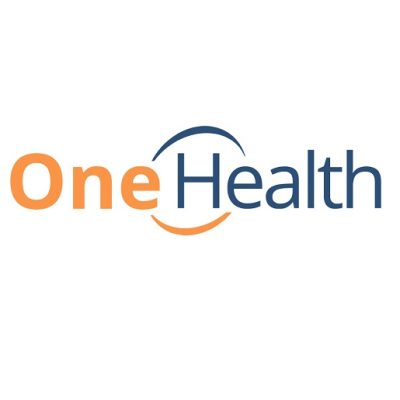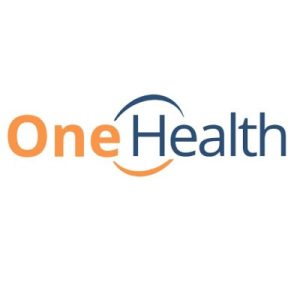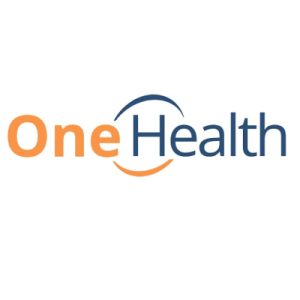More than a third of patients in England believe GP wait times are excessively long, and many face difficulties in contacting doctors and securing appointments. According to the NHS England GP Patient Survey 2024, 34% of patients expressed dissatisfaction with the waiting times for GP appointments, while 10% felt their needs were not met during their last visit.
Accessibility remains a significant issue, with nearly 38% of patients finding it challenging to reach their GP by phone. Additionally, similar difficulties were reported in contacting GPs through the NHS App (39%) and GP websites (37%). Specifically, 15.8% of respondents found it very difficult to contact their GP practice by phone, while 17.7% and 22.1% encountered significant challenges through the website and NHS App, respectively.
Interestingly, the survey revealed that most patients do not show a preference for being seen by a particular healthcare professional, with 67% of respondents indicating no loyalty towards any specific doctor. The survey also highlighted that 80% of participants had attempted to contact their GP practice in the past six months, primarily for treatment of new health issues (40.4%), advice on existing conditions (24.6%), obtaining prescriptions (12.4%), and receiving test results (5.8%).
Recently, British Medical Association (BMA) members supported industrial action, potentially limiting GPs to seeing only 25 patients per day across England. Meanwhile, the health and protection sectors have witnessed a surge in the use of remote GP services since the pandemic, prompting many insurers to expand their availability to meet growing demand.
Emily Jones, client consulting director at Broadstone, noted that GP care is vital for health but that many patients face obstacles in securing appointments, dealing with long wait times, and understanding their consultation outcomes. She emphasised that this trend leads to missed opportunities for managing conditions like hypertension and high cholesterol, which could result in more severe health issues and decreased productivity among the working-age population.
To address these challenges, employer-funded digital GP services, onsite health checks, and screenings are becoming crucial in bridging the healthcare gap for the UK workforce. By embracing technology and prioritising preventative care, employers, insurers, and occupational health providers are increasingly collaborating to create a more resilient and efficient workplace healthcare system, benefiting both the workforce and the broader community.
One Health Group PLC (AQSE:OHGR) are a team of Consultant Surgeons and Healthcare managers working with the NHS to provide faster, local and expert care in Orthopaedics, Spinal, General Surgery and Gynaecology.



